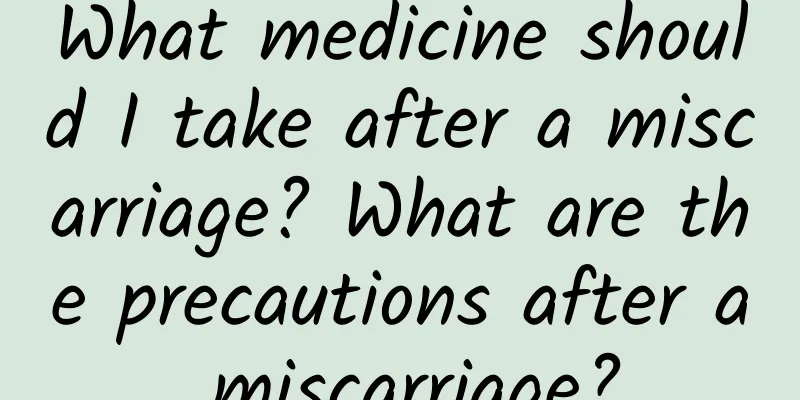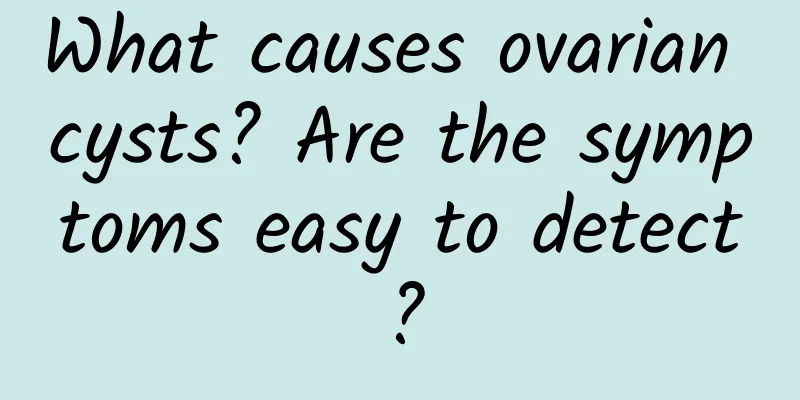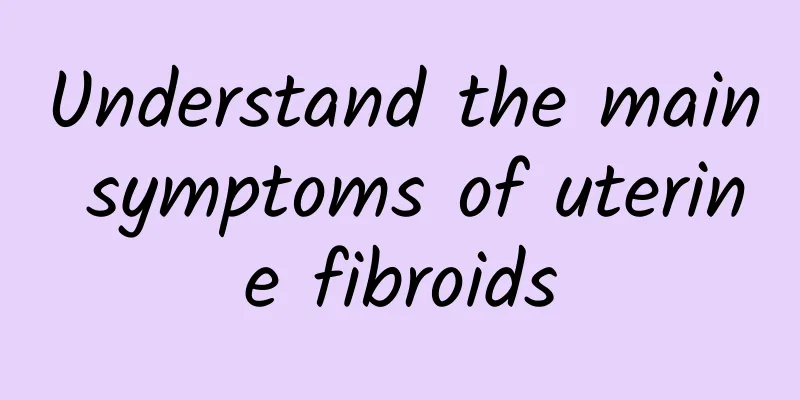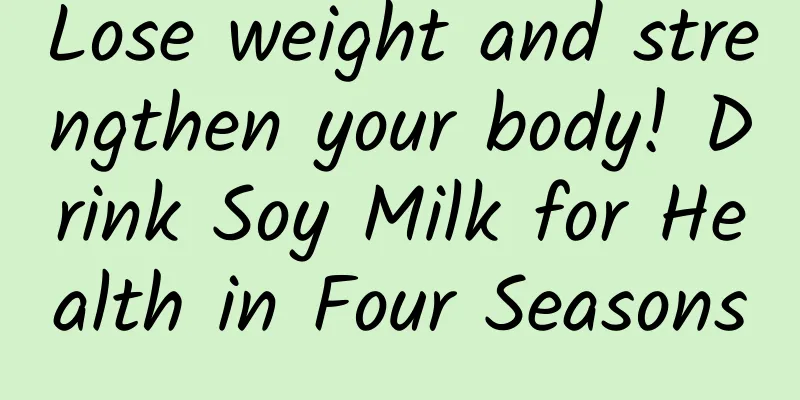Difficulty swallowing after weight loss surgery is actually caused by esophageal achalasia
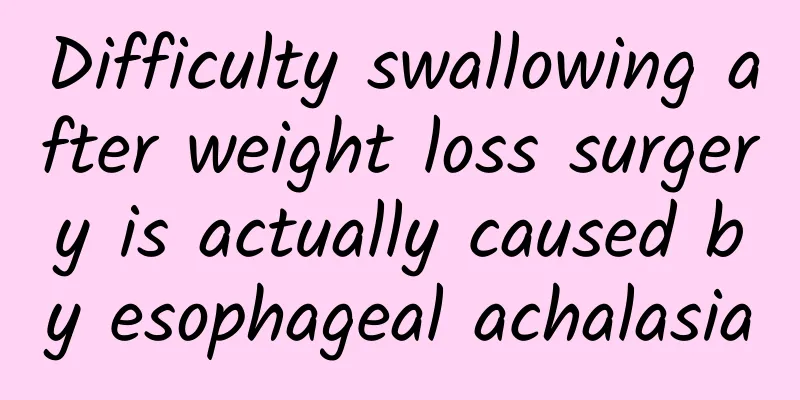
|
People with severe obesity may choose gastric bypass surgery to help lose weight. However, some patients may develop esophageal achalasia after the surgery. When the esophagus is too relaxed and cannot move, the patient cannot swallow food smoothly. In severe cases, the esophagus may become curved and deformed, and must be completely removed and reconstructed. Doctors pointed out that the esophageal muscles can now be cut through endoscopic surgery. Patients can swallow liquid food first after the operation. After about 3 months of rest and adjustment of eating habits, they can eat normally like ordinary people. Patients who undergo gastric bypass surgery to lose weight should see a doctor as soon as possible if they develop esophageal achalasia and are unable to eat properly after the surgery. Dr. Li Zhangming from the Department of Thoracic Surgery at National Taiwan University Hospital pointed out that 39-year-old Ms. Tan weighed 98 kilograms and had a BMI of over 42, which seriously affected her health. After undergoing gastric bypass weight loss surgery 6 years ago, although she successfully lost weight to 72 kilograms, she developed difficulty swallowing, and even the food she ate when she lay down to sleep would flow out of her mouth. The doctor pointed out that Ms. Tan went to the National Taiwan University Hospital for an endoscopic esophageal myotomy in mid-March this year. She can now eat soft food smoothly and can eat normally 3 months after the operation. Endoscopic surgery may improve dysphagia after bariatric surgery Ms. Tam said: "More than 10 years ago, I started to feel that food was often stuck in my throat and I often felt hungry. Although I lost weight to 72 kg after gastric bypass surgery, I often vomited or sprayed out food after eating. When it was serious, I dared not contact anyone for 2 months." Someone suggested that she see a psychiatrist. It was not until she underwent esophageal myotomy that her inability to swallow food was finally improved. Dr. Li Zhangming pointed out that there are about 300 patients with esophageal achalasia in Taiwan every year. Because the vagus nerve in the esophagus cannot contract normally, the lower esophageal sphincter relaxes and cannot move to swallow food. After inserting an endoscope through the mouth to cut the circular muscle of the esophagus, Ms. Tan's swallowing function has improved significantly. However, patients who undergo esophageal muscle incision still have a 10% chance of gastroesophageal reflux. Patients must pay attention to the dietary principles of daily life after surgery to avoid gastroesophageal reflux problems. Dr. Zhang-Ming Li (left) from the Department of Thoracic Surgery at National Taiwan University Hospital performed endoscopic esophageal myotomy on Ms. Tan (right), which significantly improved the patient's dysphagia symptoms. (Photography by Zhou Fumei) Although there is no wound on the outside after the esophageal muscle incision, the mucosa and muscles in the esophagus need time to recover. Dr. Li Zhangming reminds that when patients are discharged from the hospital and return home to recuperate, they must pay attention to adjusting their daily diet. The principles of daily health care are as follows: 【Principles of postoperative care after esophageal myotomy】
★"Gastroesophageal reflux!" 》5 bad habits to avoid |
<<: Sugar-restricted diet reduces weight by 3 kg in two weeks
>>: Drink green tea before exercise to burn fat. One red and green tablet is enough.
Recommend
Master 5 foods and 5 foods not to eat when losing weight in autumn
Foods suitable for weight loss in autumn 1. Sweet...
The cost of abortion surgery is related to the method of abortion chosen
If a woman accidentally gets pregnant, abortion i...
What is the method for detecting cervical warts?
Nowadays, experts say that cervical warts are a s...
Does endometrial tuberculosis affect fetal development?
Endometrial tuberculosis is a gynecological disea...
How much does it cost to treat pelvic effusion?
Pelvic effusion is a group of diseases caused by ...
What to use to clean vulva itching
Vulvar itching may be caused by a variety of reas...
What are the reactions to miscarriage?
If a woman does not protect herself properly afte...
Is the ketogenic diet right? Is the ketogenic diet suitable for you? Medical doctor reveals: 7 advantages and disadvantages of ketogenic diet
If you eat the wrong food, you will get sick! Som...
Combined with the causes of cervical hypertrophy to do a good job of prevention
If women want to avoid the trouble of cervical hy...
Will multiple uterine fibroids cause infertility? Will multiple uterine fibroids cause miscarriage?
Uterine fibroids are the most common tumors in th...
Don't wait! Drink a cup of tea after a meal to lower cholesterol immediately
Delicious food is right before your eyes, but los...
Will a hysterectomy cause pelvic inflammatory disease?
Will a hysterectomy cause pelvic inflammatory dis...
Clinical manifestations of hyperplastic vulvar leukoplakia
Vulvar leukoplakia is a chronic malnutrition dise...
When weight loss reaches a plateau! 2 Qi-boosting tea promotes metabolism and helps you lose weight faster
"I've been working out and controlling m...
Brief analysis of physical therapy for chronic cervicitis
As a common cervicitis disease, the incidence of ...


